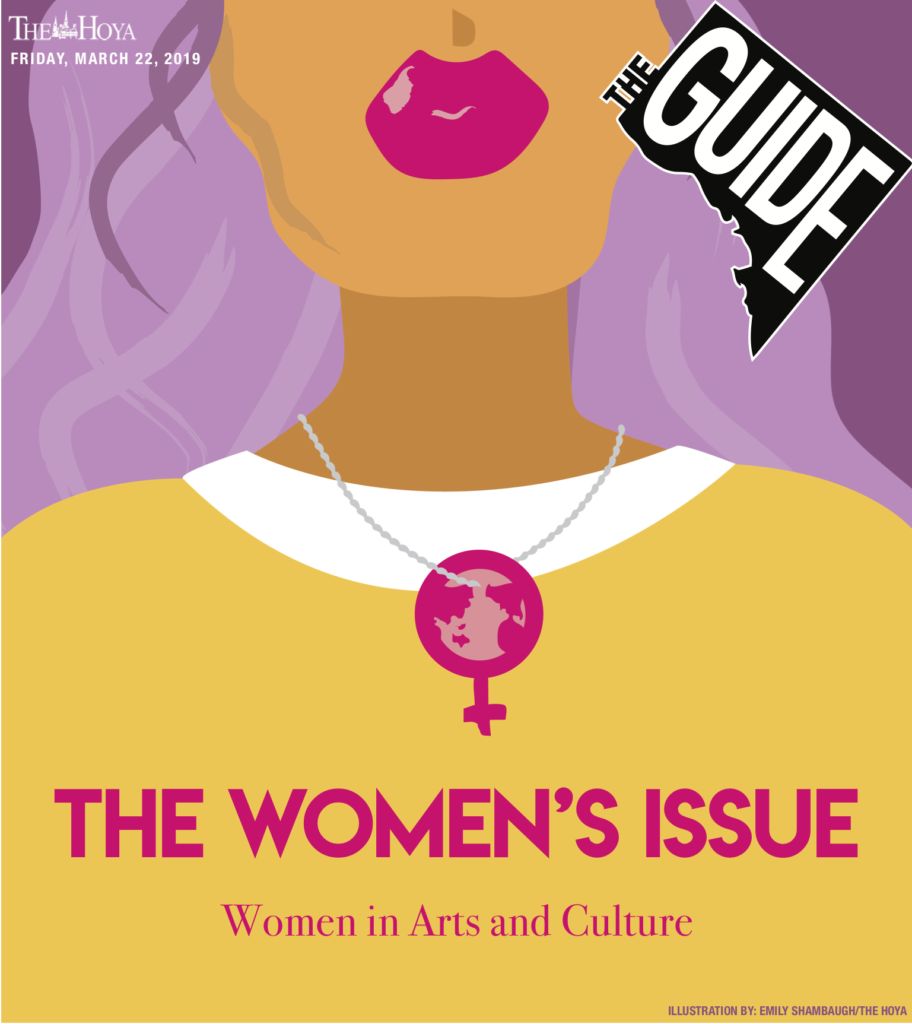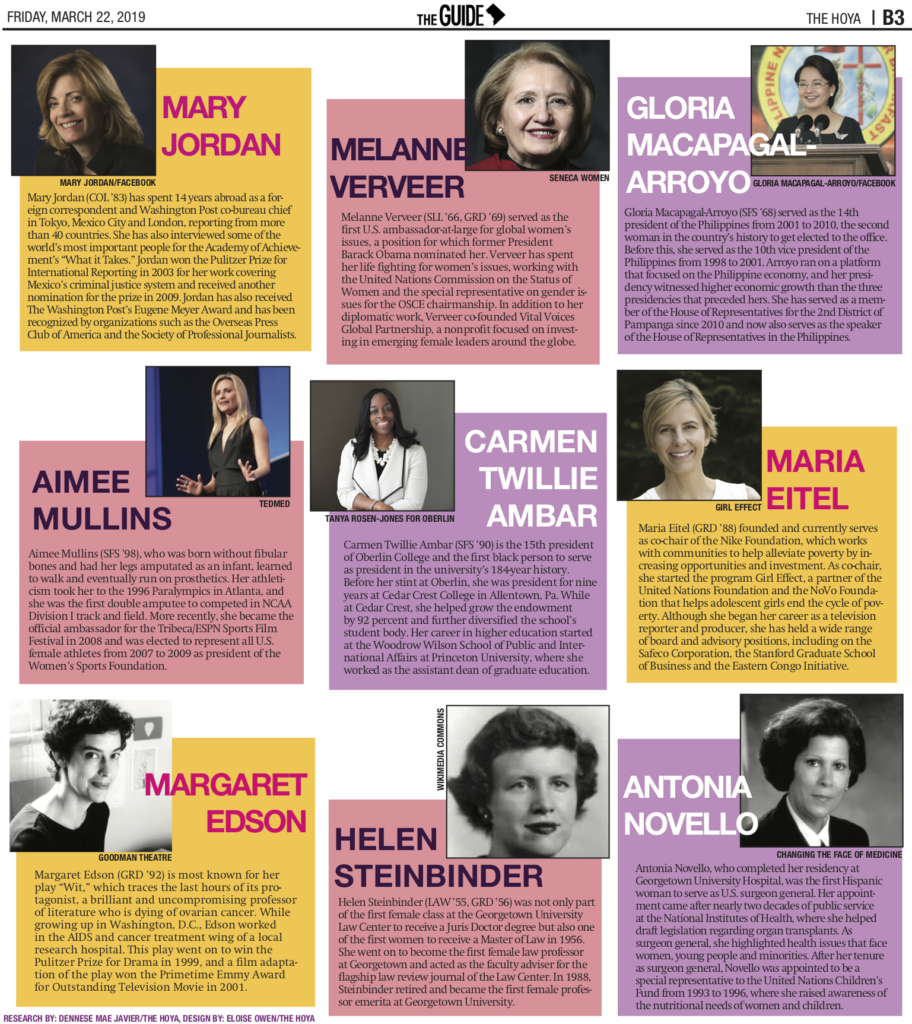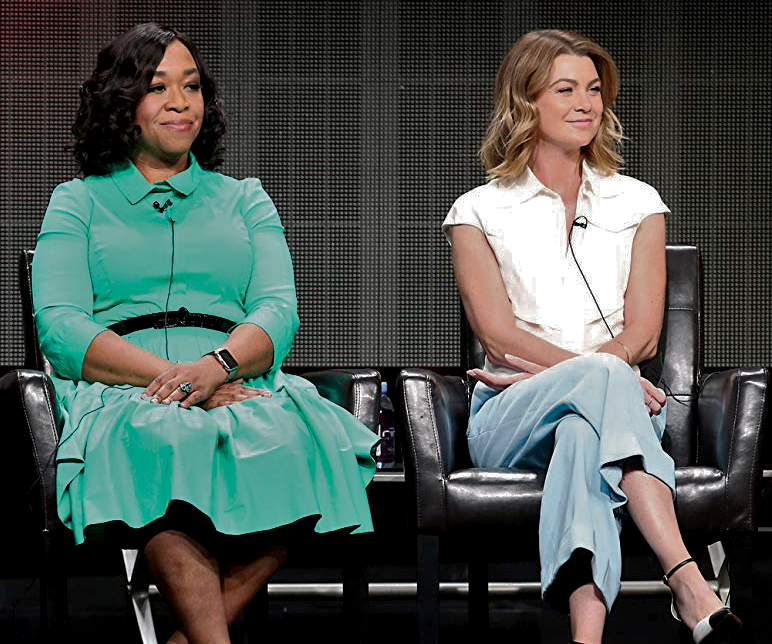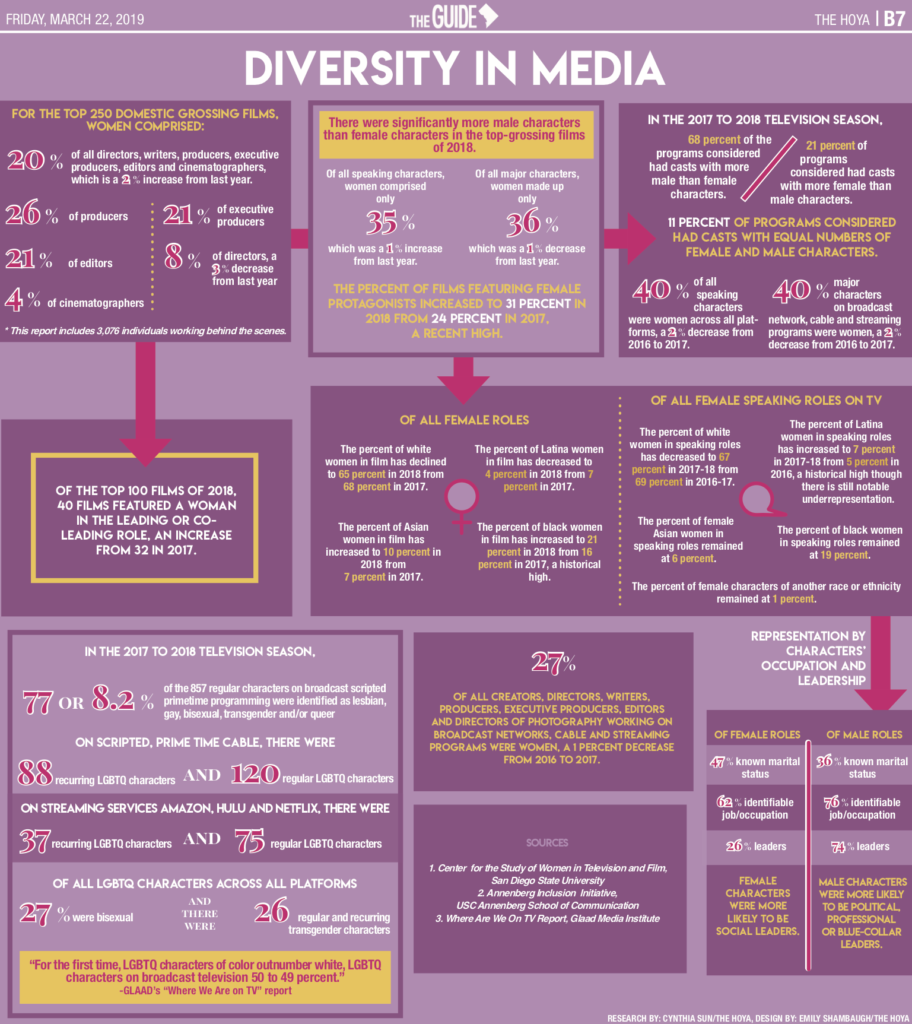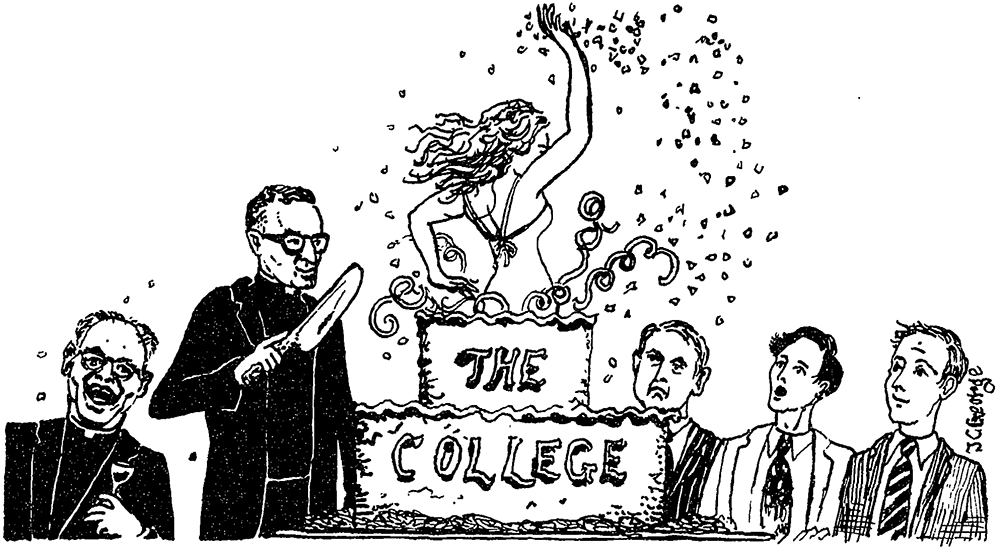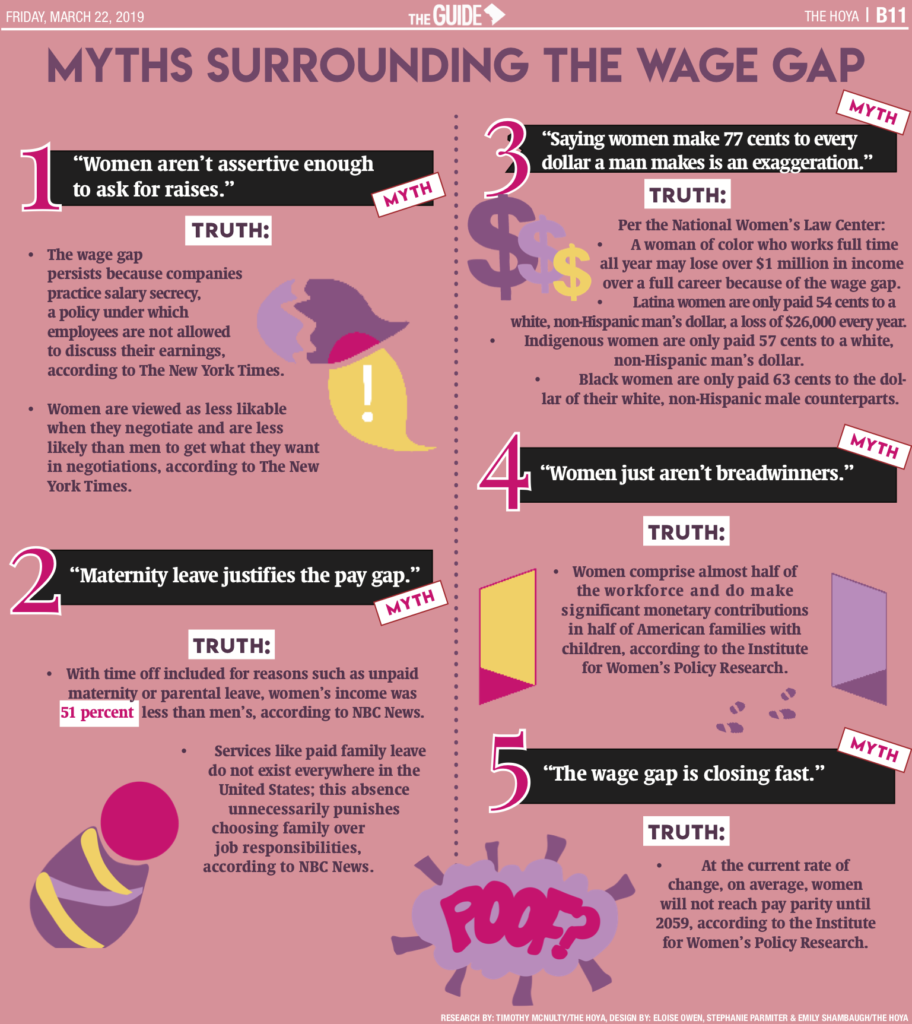Today, women are performing stand-up sets in front of stadiums full of people, featuring as cast members on “Saturday Night Live” and hosting their own late-night talk shows. Just a decade ago, however, all of this success seemed nearly impossible.
In rare opportunities, comedic actresses have been leading in film and television for over 80 years, but female comics and hosts are a relatively new addition to the entertainment field. The obstacles female comedians face, from pay to appropriate topics, still differ quite distinctly from those of their male counterparts.
Comedy has been ruled by men since the late 1930s, when comedian Bob Hope began performing weekly monologues on his radio show, according to Britannica. His monologue style was replicated on TV shows once the television was invented. In the 1950s, women were finally starting to be represented by the sitcom. The timeless show “I Love Lucy,” starring Lucille Ball, made waves in a field that had been otherwise a boys’ club.
The market of stand-up comedy is still disproportionately stacked against women, and as a result they have had a gradual transition onto the stage with less success than their male colleagues. The highest paid comedians in the world are diverse racially, stylistically and in terms of their subject material, according to Forbes’ most recent list. The list, however, lacks gender representation: All 10 comedians on it are men.
This discrepancy is mainly a reflection of the differing crowds men and women draw, as most revenue in comedy is earned through ticket sales, according to Forbes. Men still sell out much larger halls than women do, like stand-up comedian Gabriel Iglesias, who recently did a sold-out show in a Houston football stadium.
The unequal ratio between men and women in comedy can also be seen in the Georgetown Improv Association, where for the last two years, only two out of 10 members have been female. Women in the group often feel pressured to make safer choices onstage than their male counterparts, according to team member Julia Usiak (COL ’19), who has been performing with the team since her sophomore year.
“I think that most girls are taught to be demure, so they have a hard time playing bold and gross characters. I admire performers like [comedians and former SNL cast members] Maya Rudolph and Aidy Bryant,” Usiak said. “They’re not shy or self-conscious, traits I have also learned to possess through my experience here.”
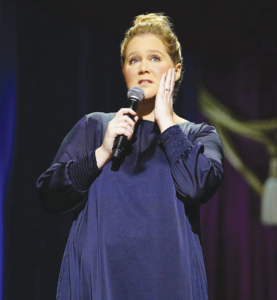
However, women in comedy are not holding back anymore in their content. Many women today use their stage as a platform for talking about women’s issues and rights. Amy Schumer often works women’s issues into her comedy sets. In her latest Netflix special, “Amy Schumer Growing,” Schumer discusses the realities of pregnancy and sexual assault.
“I don’t know if men know how scared we are, as women, all the time. One in three of us will be assaulted at some point in our lives,” Schumer said. “If I take the subway at night, I will run home — like, we run home, and it’s not for the cardio.”
Chelsea Handler hosted her own late-night talk show, “Chelsea Lately,” for eight years on E! and was one of the few women to have held that position.
Handler has mentioned that she is tired of getting compared to other female comedians, solely on the basis of being the same gender. She emphasizes the fact that all comics have different styles and material and should not be lumped into one category as women.
“Journalists sometimes … they’ll say, ‘Do you think there’s a lot of similarities between you and Sarah Silverman? Or Lena Dunham? Or whoever? Amy Schumer?’ I’m like, ‘No, we’re just women,’” Handler said in an 2014 interview with HuffPost. “Just because we’re women doesn’t mean there are tons of similarities. Every single one of us is vastly different.”
NBC announced in a statement Thursday that Indian-Canadian YouTube star Lilly Singh will be hosting her own late-night show in September called “A Little Late With Lilly Singh,” which will make her the only woman hosting a late-night talk show on a “Big 4 Network.”
Women are starting to set themselves apart, and an increasing number of them are coming to the stage. Gender plays a significant role in a comedian’s perspective, according to Michelle Renslo (COL ’22), another member of the Georgetown Improv Association. In her high school, the ratio of girls to boys on the improv team was pretty even, and she hopes to see a balance between women and men across all improv groups.
“I would say generally in comedy everyone brings a different perspective, and that’s what makes it so fun,” Renslo said. “Gender influences every aspect of your life, and it definitely influences the parts you play. The large gender imbalance on the team is something we always joke about are trying to address, and it’s something I want to work towards changing in my upcoming years at Georgetown.”













